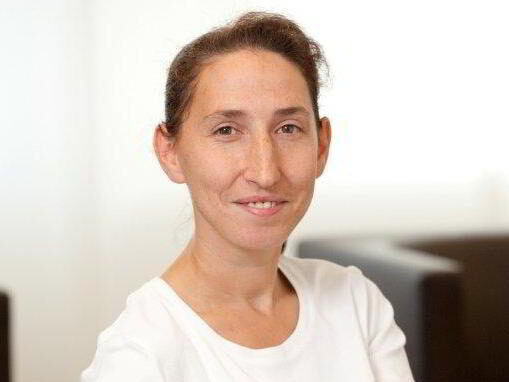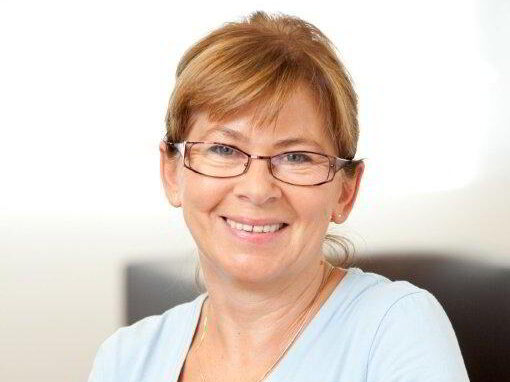HNO Pulheim – ERFAHRUNG UND KOMPETENZ FÜR
Hals, Nase und Ohren
Seit 1972 in Pulheim verwurzelt, steht das HNO Pulheim unter der Leitung von Dr. Sehrbundt für Behandlungen mit Herz. Bei uns ist Vertrauen der Anfang.
Wir bieten Termine für Privatversicherte und alle gesetzlich Versicherten als Selbstzahler an.
Auch mit körperlichen Einschränkungen ist die Praxis gut zugänglich. Ein Behindertenparkplatz befindet sich direkt vor der Tür.
Herzlich willkommen bei HNO Pulheim
Ihre Gesundheit, unser Engagement!
Dr. Hans-Joachim Sehrbundt bietet in der Praxis HNO Pulheim unseren geschätzten großen und kleinen Patienten eine Fülle an Erfahrung und Kompetenz.
- schnelle Terminvergabe
- umfassende Diagnostik
- Vorsorge-Services
- langjähriger HNO-Spezialist
- Behandlung mit Herz
- Bandlung von Kindern und Erwachsenen
- gesetzlich Versicherte als Selbstzahler
Damit Sie schnell wieder gesund werden
Diagnostik und Therapie
Ohrerkrankungen
Wir behandeln verschiedene Ohrerkrankungen, darunter auch typische Probleme bei Sportschwimmern und Tauchern, dank unserer sport- und tauchmedizinischen Expertise.
Nasenschleimhaut-Schäden
Als Besonderheit bieten wir die Behandlung und Therapieplanung von Nasenschleimhautschäden an.
Kieferhöhlen- und Kehlkopferkankungen
Innovative Diagnose und Therapie: Wir setzen modernste Technik, um farbcodierte Untersuchungen, Tumordarstellungen und Gefäßanalysen zu ermöglichen.
Allergietest
Mit unserer präzisen Testung, inkl. Rhinomanometrie, identifizieren wir klar, was Ihre Symptome auslöst und mögliche Allergieauslöser aus Ihrer unmittelbaren Umgebung.
Otoneurologie
Die Otoneurologie befasst sich mit der Diagnostik und Therapie von Schwindel und Gleichgewichts- störungen. Wir führen alle otoneurologischen Untersuchungen durch.
Sportmedizin
Seit vielen Jahren begleiten und betreuen wir leidenschaftliche Schwimmer und Taucher gemäß den Richtlinien der GTÜM (Gesellschaft für Tauch- und Überdruckmedizin).
Tauchmedizin
Unser Spezialgebiet: Dank unserer langjährigen Erfahrung als aktive Schwimmer, Rettungsschwimmer und Taucher bieten wir gezielte medizinische Unterstützung.
Sauerstoffüberdruck-Therapie
Wir beraten Patienten mit Ohrenkrankheiten (z.B. Tinnitus, Hörsturz) bezüglich Sinn und Wirksamkeit von Sauerstoffüberdruck-Therapie in einer Druckkammer.
Tinnitus
Geräuschentwicklungen im Ohr und Kopfbereich sind ein Übel unserer Zeit. Wir untersuchen mit modernsten Mitteln und beraten nach dem augenblicklichen wissenschaftlichen Stand.
Ihr Arzt – HNO Pulheim
Dr. Hans-Joachim Sehrbundt
Dr. Hans-Joachim Sehrbundt gründete die Praxis in Pulheim im Jahr 1972 und bringt in seine Privatpraxis einen reichen Erfahrungsschatz aus einem ganzen Berufsleben ein. Seine beeindruckende Ausbildung und wissenschaftliche Arbeit, darunter mehrere Stipendien und über 25 wissenschaftliche Arbeiten, machen ihn zu einem anerkannten Experten auf dem Gebiet der HNO-Medizin. Zusätzlich zu seiner medizinischen Tätigkeit war er ehrenamtlich in verschiedenen Prüfungsausschüssen und als Facharztprüfer aktiv.
Unverzichtbar bei HNO Pulheim
Ein eingespieltes Team
Unsere Praxis ist Heimat für ein eingespieltes Team, das teilweise seit mehreren Jahrzehnten gemeinsam arbeitet. Wir schätzen nicht nur das Arbeitsklima unter uns, sondern auch den einfühlsamen Umgang mit unseren Patientinnen und Patienten. Wir laden Sie herzlich ein, uns auch einmal „real“ in unseren Räumen zu besuchen und möchten Ihnen gerne einige unserer langjährigen Mitarbeiterinnen aus unserem Team vorstellen.

Elke Schuhrk
Frau Elke Schuhrk, unsere Oberschwester, organisiert und koordiniert im vierten Jahrzehnt. Sie hat immer für jede und jeden ein offenes Ohr.

Selda Elci
Frau Selda Elci ist Arzthelferin und seit ihrer Ausbildung nun im zweiten Jahrzehnt bei uns. Sie vertritt Frau Schuhrk.

Maria Macula
Frau Maria Macula ist für die Praxishygiene verantwortlich.
- HNO-Zentrum.Pulheim@sehrbundt.de
- 02238/53335
- 02238/56707
- Sinnersdorfer Str. 35, 50259 Pulheim